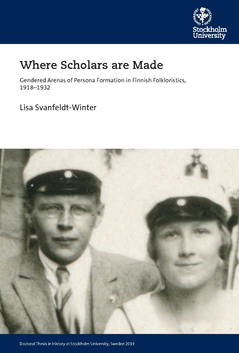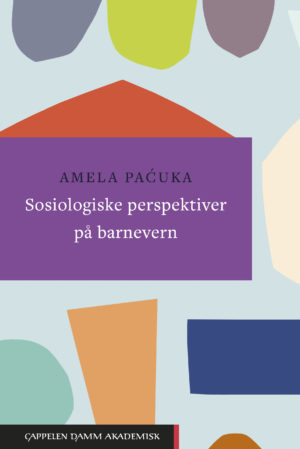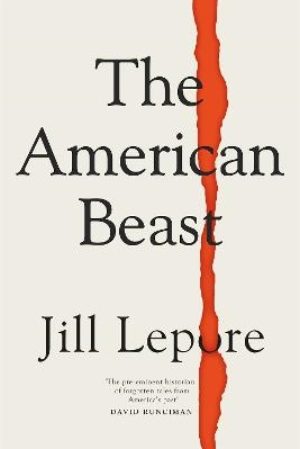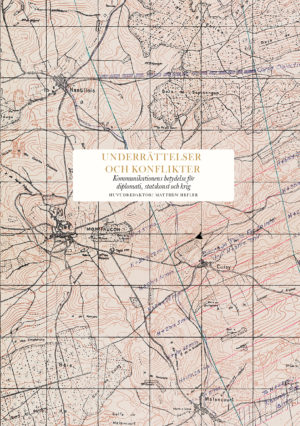What does it take to be a good scholar?
This dissertation studies notions of good scholars through two Finnish folklorists, Elsa Enäjärvi (1901–1951) and Martti Haavio (1899–1973) during their earliest years in academia, from the beginning of their university studies until they obtained their doctoral degrees.
The study shows how Enäjärvi and Haavio used a variety of methods to gain information about the implicit and explicit expectations placed on folklore students and scholars. They, then, acted in response to these expectations: by adapting and developing themselves in accordance to disciplinary expectations when possible, or by trying to introduce new ways of being recognised as good folklorists.
To analyse notions of good folklorists and the formation process of becoming one, the dissertation uses the concept of scholarly persona. The dissertation argues that the folklorist’s persona was formed in a variety of academic contexts, or arenas, within and outside university, as well as nationally and internationally. Different arenas activated and formed different dimensions of the scholars’ persona. Moreover, the dissertation shows that the scholarly practices in each arena had their own gendered implications.
Lisa Svanfeldt-Winter is a historian at Stockholm University. Where Scholars are Made is her doctoral dissertation.
This is a Doctoral Thesis in History at Stockholm University, Sweden 2019







